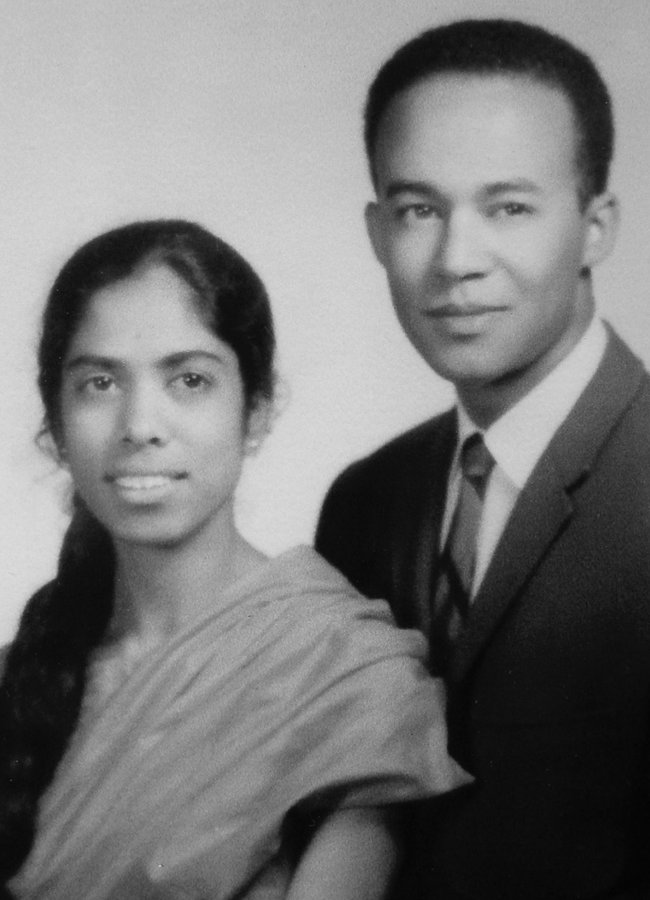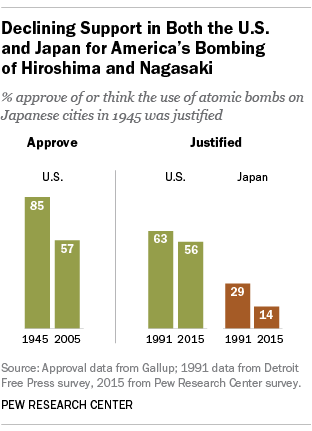Over the decades, I have gotten used to editors rejecting my commentaries.
The latest is merely that--the latest. Disappointing, yes. But, to use the words of the current President,
it is what it is!
One of the rejections was about the polarized political environment and television "news" channels catering to their audience. A first version of this was rejected back during my California years. A decade into my Oregon years,
I wrote again about it in 2012, and yet again it was rejected.
Re-reading the piece, well, I stand by it ;)
I concluded there,"We have no choice but to get used to the reality that most Americans—and the rest of the world, too—will increasingly live in polarized and fragmented political worlds."
That was in 2012. Well before tRump! Over the past four years, the fragmentation has become severe.
I have always hated living and thinking in a bubble. This is why I used to read the WSJ, even if I cursed it most of the time. I engaged with Republicans and have even shared many meals with them. But, that was all prior to the summer of 2016.
I terribly miss that pre-2016 world, and I know that it will never come back. After all, the tRump voters have made it clear, to borrow from Taylor Swift, that they are "gonna hate, hate, hate, hate, hate."
Here it is for you to read my rejected 2012 commentary:
************************
When I was
new to this country, C-Span fascinated me for its uniqueness—it provided
politics in the raw without filters of any kind, and offered me multiple perspectives
that I could not have ever otherwise followed.
It even seemed rather quaint that the channel would list separate phone
numbers for Republican and Democratic viewers to call in with their comments
and questions.
At C-Span and in the real world, the old days at least held out a
possibility of conversations across political or religious lines and about the
issues of the day, both profound and trivial.
Now, as much as the common water
cooler has been replaced by individualized water bottles, news sources and
discussion forums have also become customized.
Thus, it is now easy to remain within our own narrowly defined
identities, whatever they might be and, thereby, shut ourselves from anything
that does not correspond to our views of the world.
Professor Cass Sunstein wrote about
this rapidly emerging trend back in 2001—eons ago in the modern digital timelines! Sunstein wrote then that one of the vices
of the exponentially expanding modern communications involved “the risk of
fragmentation, as the increased power of individual choice allows people to
sort themselves into innumerable homogeneous groups, which often results in
amplifying their preexisting views.”
Empirical
evidence confirms this. In a research paper, Shanto Iyengar of Stanford and Kyu Hahn of UCLA note that
“although an infinite variety of information is available, individuals may well
limit their exposure to news or sources that they expect to find agreeable.
Over time, this behavior is likely to become habituated so that users turn to
their preferred sources automatically no matter what the subject matter.”
Fragmentation
in the news media will then be a logical outcome in such an information
world.
As a matter of fact, this is already
the case in India. .
In the
southern Indian state of Tamil Nadu, the two main political parties are
represented through their leaders Jayalalitha and Karunanidhi. Interestingly enough, they both also own
stakes in two television cable channels.
The channel “JayaTV” is aligned with Jayalalitha, while “SunTV” is
pro-Karunanidhi.
These channels offer
the usual entertainment staples of dramas and movies. The political slant of the two channels becomes obvious during the regional news programs. When Jayalalitha is in power, SunTV is forever critical of the
government, and the roles reverse when the political fortunes shift!
It is equally
fascinating that the audience is also fully aware that the news from these two
television channels is not unbiased. Thus,
news items that are highly critical or laudatory are then appropriately scaled
by the viewers!
It appears that this model is being rapidly adopted by other political leaders and parties across India. In Gujarat, for instance:
Weeks before Gujarat gets into poll mode, the state BJP is set to launch
its own TV channel called ‘Namo Gujarat’, eponymously named after CM
Narendra Modi.
Perhaps then all
we need is a similar sort of full-disclosure of political affiliations from
“news” organizations in America. Those who are upset with Fox News and MSNBC will, I am confident, be ok with them if these and similar media outlets stopped pretending that they offer objective and balanced news and analysis and, instead, came out of the news closet and revealed their true political colors.
As
Sunstein argued years ago, such fragmentation might not advance the cause
of healthy democratic participation. Instead
of having constructive conversations where differences are articulated, we then
end up with “shoutfests” where the objective is not to listen to differing
views but to drown out the opposing voices.
But then, as
the old saying goes, the genie is, unfortunately, out of the bottle! We have no choice but to get used to the
reality that most Americans—and the rest of
the world, too—will increasingly live in polarized and fragmented political
worlds.




